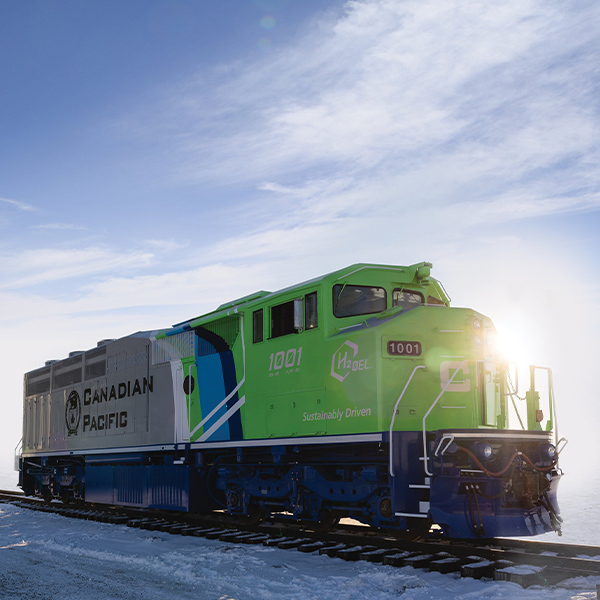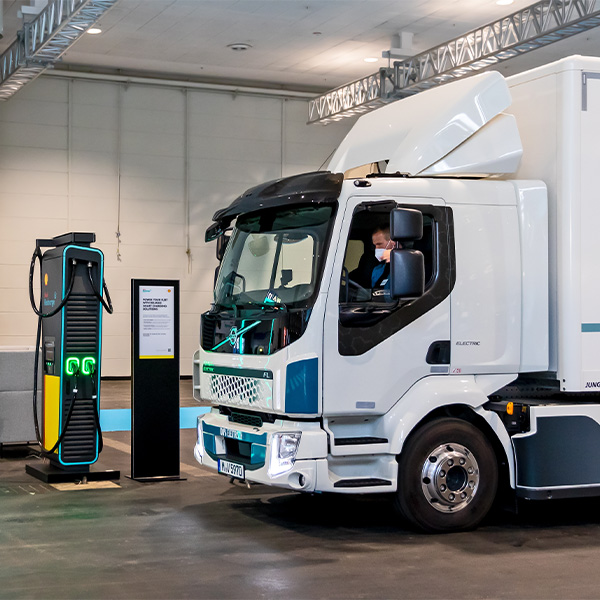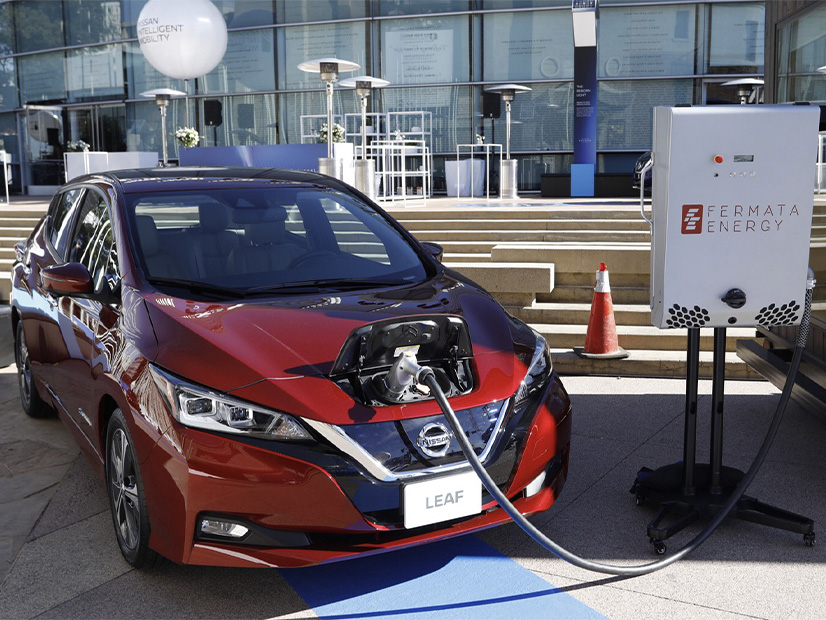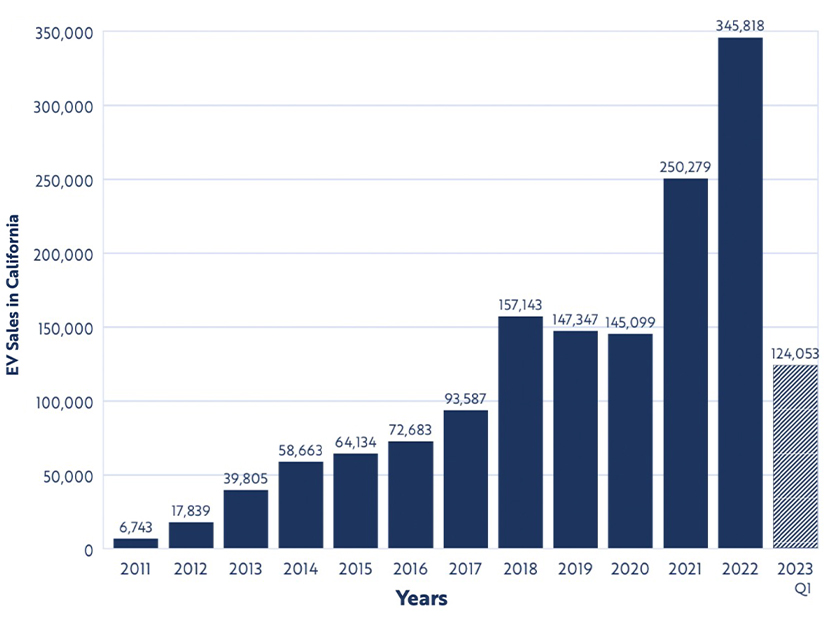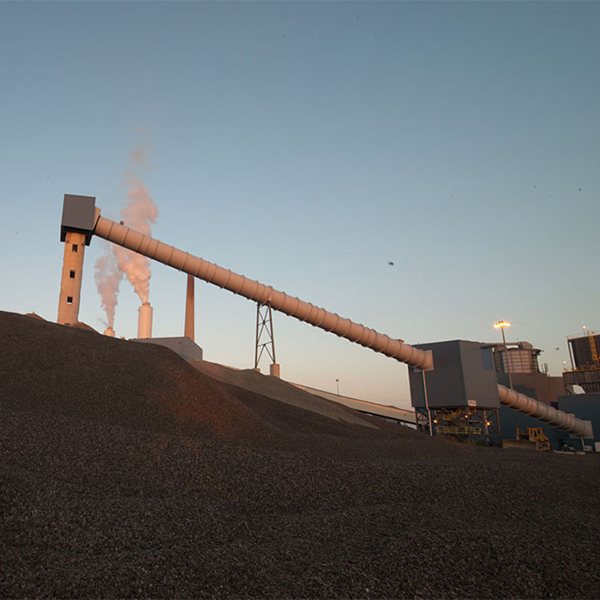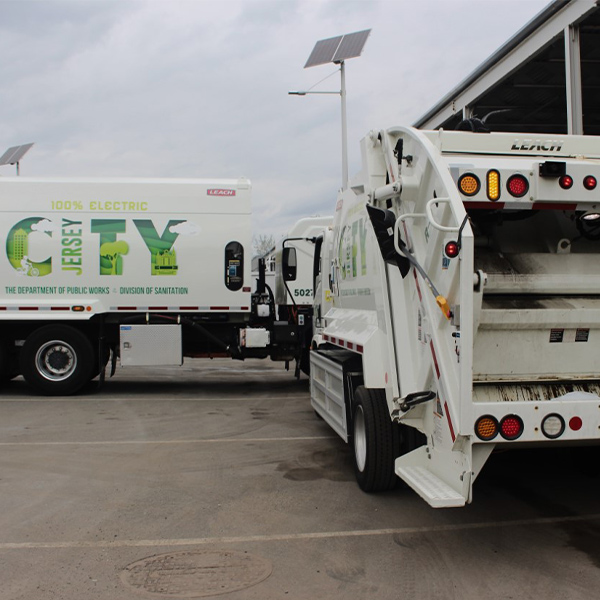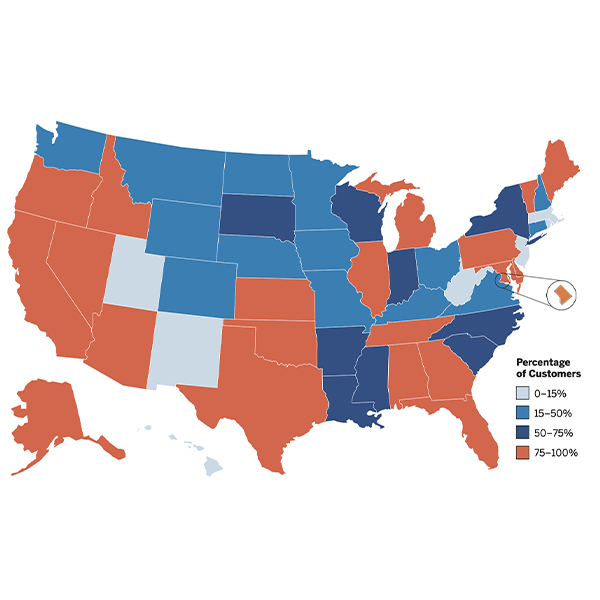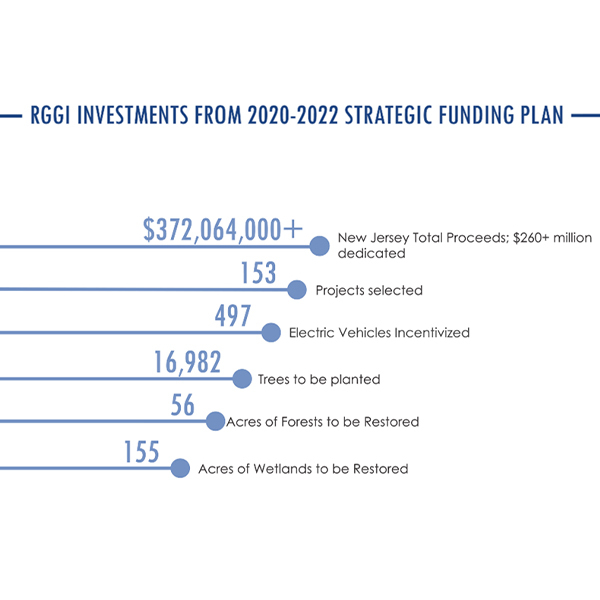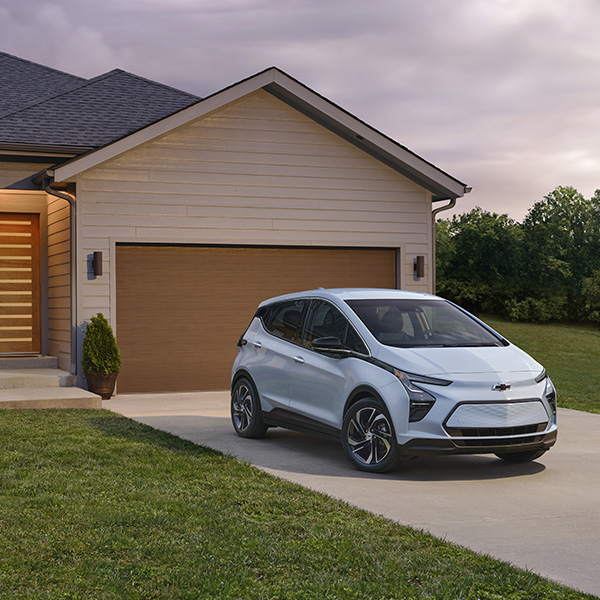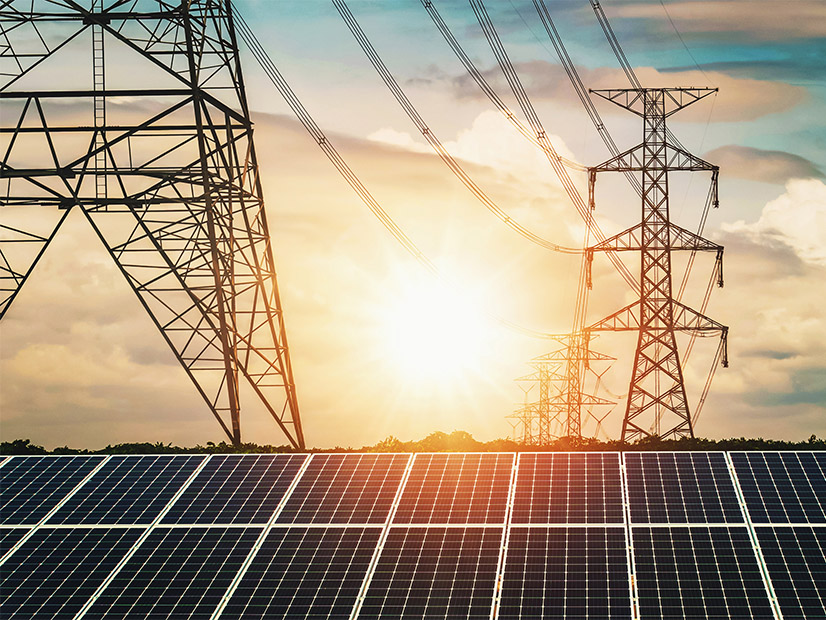Transportation Decarbonization
Airplane DecarbonizationEV chargersHeavy-duty vehiclesBattery Electric Buses (BEB)Fuel Cell Electric Buses (FCEB)Light-duty vehiclesBattery Electric VehiclesFuel Cell VehiclesPlug-in hybrid electric vehiclesShip electrificationClean Ports
The California Air Resources Board plans to vote on a regulation requiring new switcher locomotives to be zero-emitting by 2030 and freight locomotives by 2035.
New York is laying the groundwork to develop the charging infrastructure needed for the larger EVs intended to replace conventional trucks and buses.
A bill that would require all zero-emission vehicles sold in California to have bidirectional charging capabilities by 2027 cleared a key Senate committee.
More than 1.5 million light-duty electric vehicles have been sold in California, beating by two years the target set by a governor’s executive order in 2012.
Michigan Democrats introduced climate bills that would end coal-fired electric generation by 2030 and mandate 100% renewable electric production by 2035.
Jersey City unveiled a new fleet of 20 Chevrolet Bolts and five electric garbage trucks in an Earth Day celebration of the city’s effort to decarbonize.
Price-responsive demand has long been supported by economists, but despite the significant investment in advanced meters, it has yet to take off.
New Jersey has been slow to spend Regional Greenhouse Gas Initiative funds since returning to the program but is taking steps to speed up the process.
The Treasury Department's revised list of EVs qualifying for federal tax credits provided mixed news for U.S. and foreign automakers and prospective buyers.
The awards will fund producers of smart conductors, heat pumps, energy-producing windows and technology to detect flaws during batter manufacturing.
Want more? Advanced Search
